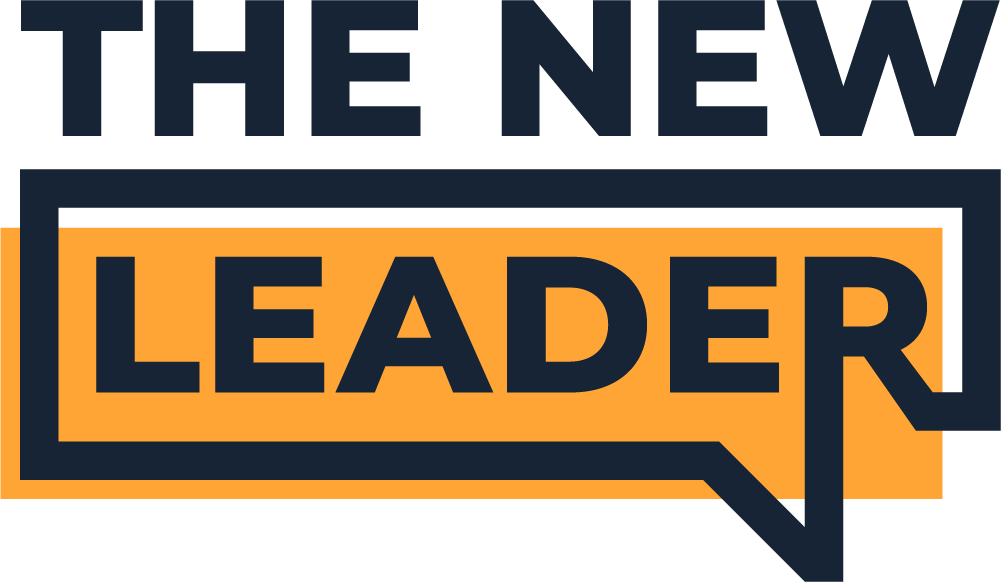I’m going to stick my neck out a touch and say what I think the most important task you have as a manager is:
Hiring.
Seriously. I genuinely think that it is.
I first heard someone say this in the context of what a CEO’s most important job is. I kind of rejected the idea at first because it felt like there were lots of other things that were more important, such as:
- Setting a vision / mission / strategy etc for the company.
- Managing senior team members to enable them to perform.
- Ensure the culture remains strong and effective.
But as I thought about it more, I realised that it was indeed true – hiring people really was the most important role of a CEO. In practical terms, this doesn’t necessarily mean that they hire everyone personally, given that this may not scale and they may end up being a bottle neck.
What it does mean is that the CEO of a company needs to ensure that any manager who hires people fully understands the importance of this task and treats it appropriately.
As a result, I think it’s equally valid to say that the most important thing that a manager does is to hire people.
Fortunately, I learned this lesson very early in my career when I joined an agency and was introduced to their hiring process. The agency was called Distilled and they had a fantastic reputation. Once I joined, I could see why – the team was insanely talented and smart.
It took some time but eventually, I realised that this was because they were exceptionally good at hiring people and dropping them into a culture where they could thrive.
I want to share the two key things that I learned that I’ve never forgotten and have used to hire hundreds of people since.
If you embrace these principles, you’ll be able to build a team of amazing people who will make your job as a manager far, far easier.
If it’s not a confident yes, it’s a no
I learned this lesson in the first job interview I ever attended. I can’t overstate how important it is and how much of a role it played in every single interview that I carried out after it.
Not just that, but the team that I built and eventually, the agency that I started understood the importance of it too.
Let me explain by telling the actual story of how I learned this lesson. Whilst this happened back in 2010, I remember it very well.
I was working at my desk when the CEO walked over and asked if I’d be up for helping him run an interview for an SEO position. He caught me off guard but of course, I said yes – even though I had no clue what I was doing or how to interview someone!
The interview was in an hour or so and he said not to worry too much about preparing, he’d be happy to lead the questions, he just wanted me to look for their SEO skills, knowledge and experience – I could do that.
A couple of hours later we completed the interview. The candidate did a good job of answering the questions we posed, stumbled over a few of them but generally did well. He also appeared to be a nice person and was easy to talk to, showing that he could probably do a good job with clients.
After he left, the CEO and I returned to the boardroom and the conversation went something like this:
CEO: “So, what do you think?”
Me: “Yeah, he seemed good, not as experienced as other members of the team but knew enough and seemed to answer the tricky questions okay.”
CEO: “Do you think we should hire him?”
Me: “Erm, I think so. He could fit in well. I think he’d need some support with some SEO knowledge but that’s fine. He didn’t blow me away but he seemed nice and knew a good enough amount about SEO.”
CEO: “That’s a no then.”
Me: “Well, I didn’t say no.”
CEO: “But you didn’t say yes either.”
The penny dropped very quickly at this point. The CEO followed up with:
CEO: “If it’s not a confident yes, then it’s a no, simple as that.”
The message was clear and to this day, I’ve never forgotten it. Only hire people where you can confidently say that yes, you want to work with them and think that you should hire them.
I’m not saying you can’t have doubts or concerns. After all, no one will ever be perfect for a role, let alone be able to interview perfectly as well.
What I am saying is that your confidence in everything else that you saw in them during the interview will outweigh any doubts or concerns about them.
You should feel so strongly about a decision to hire them, that any doubts or concerns feel very small and can be mitigated or resolved easily.
Ultimately, if you finish an interview and can’t confidently say “yes” to someone. Then it’s a no.
Simple as that.
Sure, you’ll hire fewer people. But that’s okay – you can’t hire everyone and this approach will keep the bar very, very high.
Whatever you do, don’t sacrifice this position because “we need people now”.
No, absolutely not. Seriously.
You don’t need people. You need the right people.
Get the right people on the bus (aka hire for attitude)
Finally, the second key lesson that I learned from the hiring process at Distilled was to favour getting the right people on the bus and ensuring that your key people are in the right seats.
The concept originally comes from the book Good to Great by Jim Collins and you can read more about it here.
In summary, you should focus your hiring efforts on finding people who can help you on your journey, no matter where that journey takes you. In an ever changing world and one that can throw all sorts of challenges and problems at us, you need people who can thrive in this world and adapt to all situations.
Essentially, you need to hire people based on their attitude and less so their hard skills.
After all, skills can be taught and experience can be built. But someone with the wrong attitude will drag you and your team down with them.
Of course, you need a base level of skills and competence to do a job effectively.
But my hiring criteria revolves around finding someone who is:
- Smart.
- Ambitious.
- Can get things done.
If they display these soft skills, then I believe that they can be taught pretty much everything else that they need to be successful in their roles and as part of my team.








